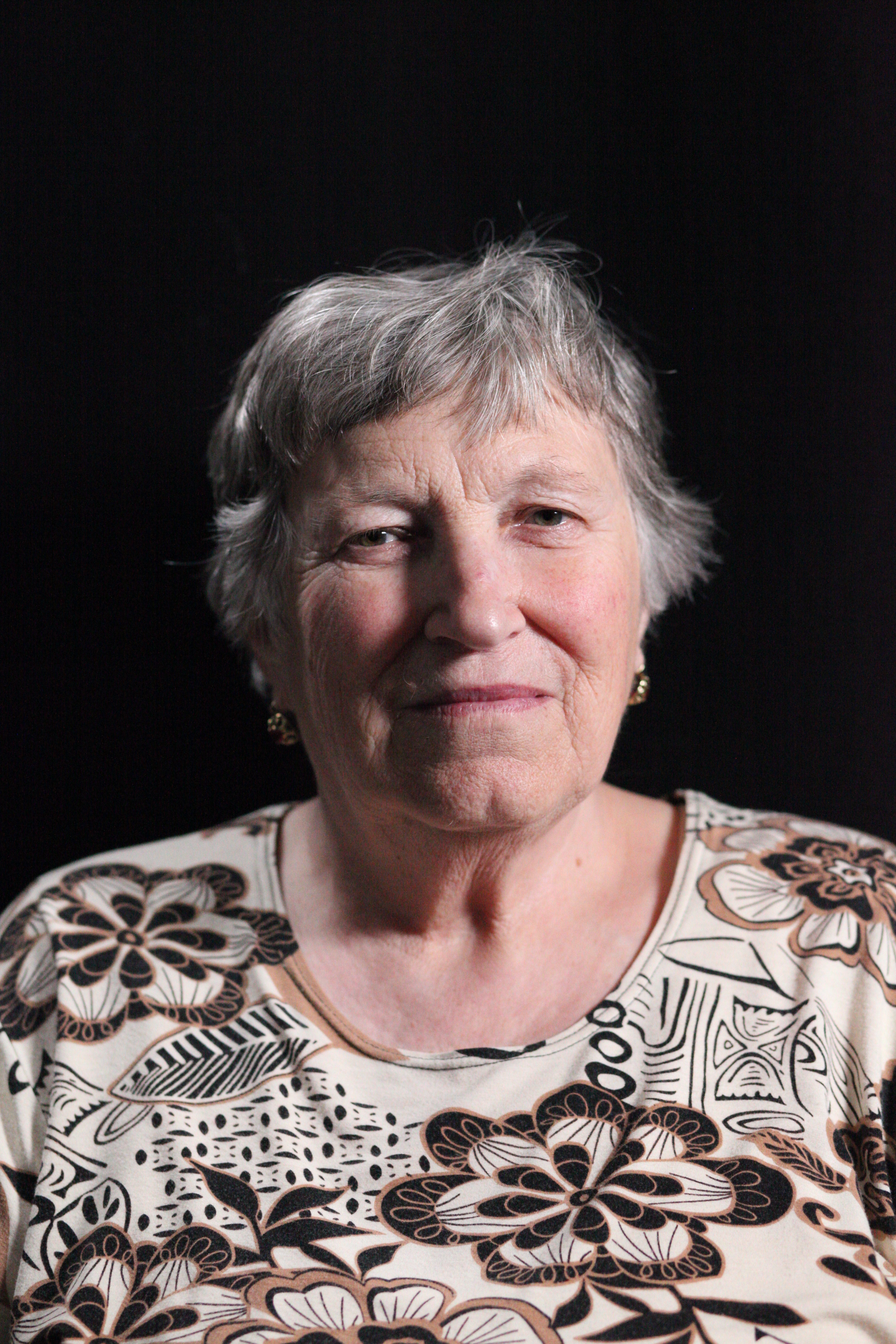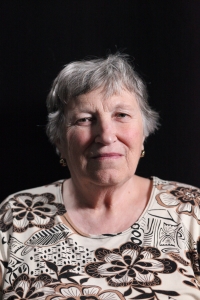When our kids were little, they didn’t know TV

Download image
Jana Kamasová, née Uhříková, was born on 17 May 1949 in a settlement near the village of Hošťálková in the Vsetín region, in a place called Pod Vrchem. The witness´s parents, Jana and Josef Uhřík, provided shelter for partisans during World War II, and her father acted as their liaison. Jana grew up as the last of five children, with her eldest sister Emilia twenty years apart. At the time of collectivisation, her parents continued to farm their six hectares of fields privately and refused to join a cooperative farm (JZD). Because of her poor cadre profile, the witness was not even allowed to start an aprenticeship. For four years she worked with her father as a labourer in the forest and in the winter she used to go on temporary jobs. In 1968 she married Jan Kamas and joined the farm on the Končiny clearing on the border of Hošťálková and Kateřinice. The Kamas family was also privately farming there, but the cooperative farm did not press the Kamas family, as their fields were situated in a poorly accessible location, where even today there is no paved road leading from the side of Hošťálková. She and her husband farmed privately until the 1990s. Her daughter and her husband took over the care of the family land in Končiny in 2006. At the time of filming for Memory of the Nation (2023), the witness was living with her sister Zdenka Uhříková in Hošťálková.

